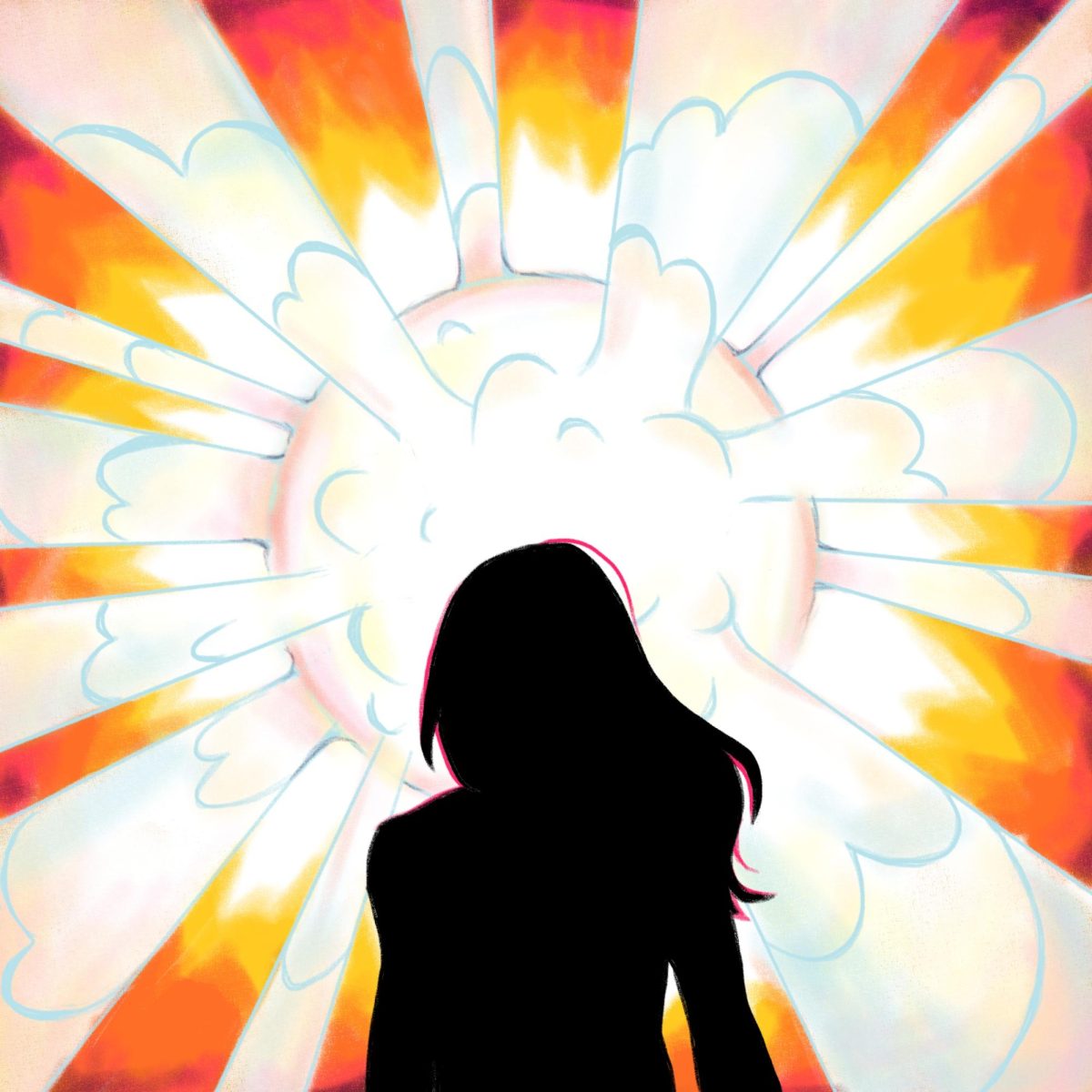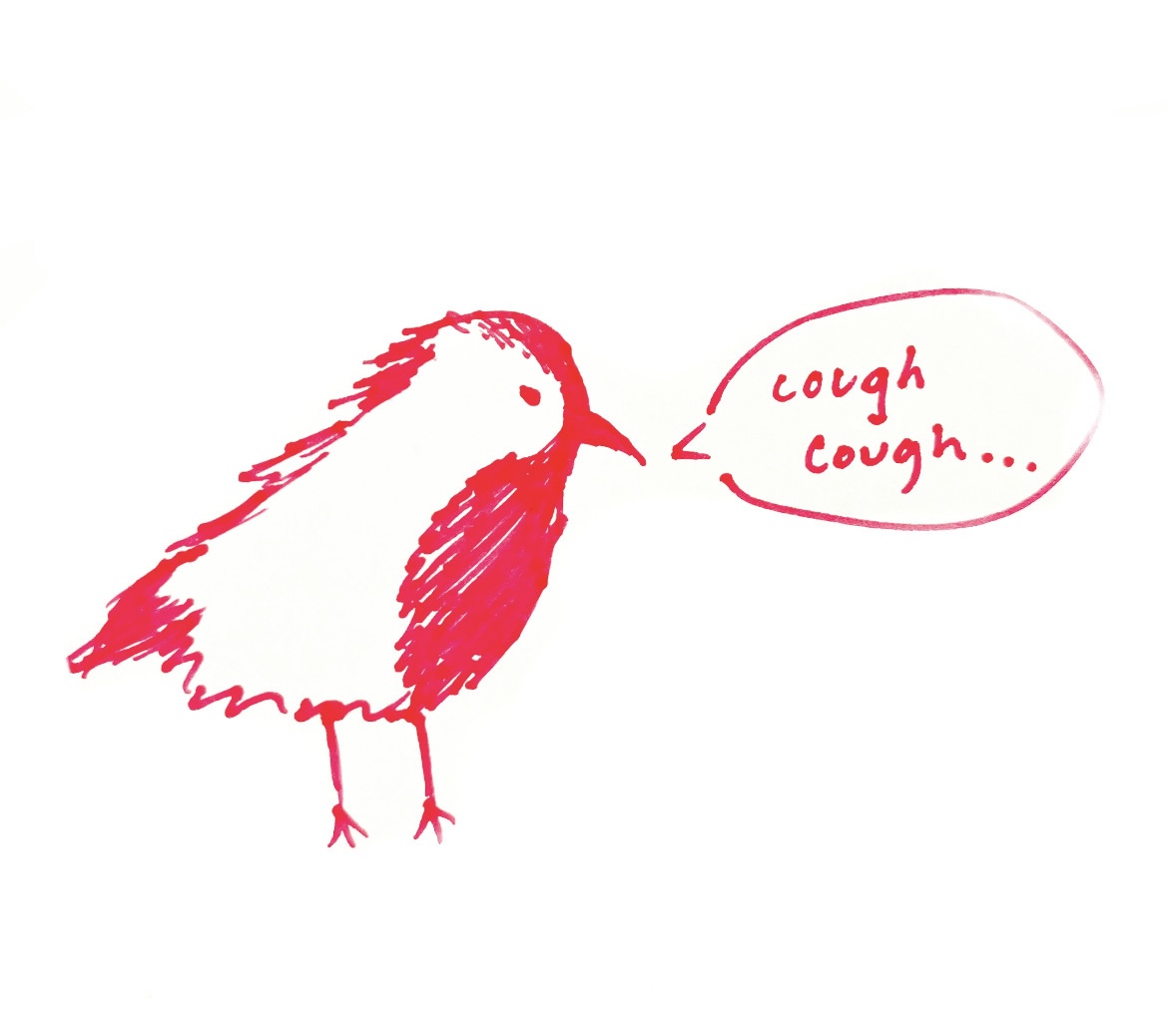
This column was contributed by Marcial DÃaz MejÃa ’13.
My first year, I had a pro-Palestine picture on my wall. Someone in my section saw it and asked me why I had it up. I explained my position. Later, that same person told that I should probably remove it from my wall, as another section-mate could get offended. I refused, explaining that this was one of the reasons why I put it up, to start a conversation about the issue.
Except for him, no one else made a comment about it, even after visibly being surprised. This was my welcoming to politics at Whitman. Soon I would discover that a majority of Whitties are scared of offending others, or that we believe that everyone has an opinion similar to ours. Thus, we fail to question them. Often this translates into apathy and a lack of engagement in political affairs.
I feel privileged for being able to attend this institution. Whitman has pushed my boundaries, encouraging me to ask “why?” During my four years here, I’ve met smart and engaging people who have questioned my beliefs and pushed me to another intellectual level. There’s a reduced group of students who organize and participate in activism, political organizing, educational outreach and student politics.
However, on a large scale our campus lacks any major political discussion outside of the classroom. Although Whitman is and should be a place for intellectual curiosity, in my experience, most Whitman students are afraid of conflict, afraid of disrupting peace, afraid of questioning their own beliefs.
Eventually, we will all leave this place. Outside of the bubble, the world showcases an array of perspectives and opinions, and we will have to make decisions on what we stand for and justify our way of thinking. Even if we delay, the time will come.
Whitman is a safer environment to experiment with who you are and what you think and to just be different. To those staying, I urge you to take advantage of the bright people around you, the most valuable resource we are offered here. Ask questions. Engage in meaningful conversations. We might not find the answers, but it can take us down other paths that might. Rest assured that conflict is all right, as it is part of our daily lives. Inform yourself. Read. Challenge your own beliefs, the reasoning behind your thinking.
Most importantly, be ready to feel uncomfortable. You don’t have to agree with everyone. At times you can be on completely different sides of an issue … and still be friends. Encourage public discussions amongst your friends, even outside of a frat on a Saturday night.
To those graduating, don’t forget what you have learned here as we disperse around the world. Continue to ask the tough questions. Engage with your community. Be ready to feel uncomfortable.
I leave Whitman knowing that it transformed me. Almost four years later, I had a conversation with my (now) friend on the Israeli-Palestinian conflict in the TKE kitchen. Soon after, more people joined in, and our topic morphed into consent and sexual relations. Many had honest questions, while others answered passionately, speaking from personal experiences and their academic expertise.
It was not only a moment of exchange, curiosity and education. It was one of my favorite moments of my time at Whitman, which I will treasure. I just hope that many more create this kind of memories. The kind that makes you who you are outside of the bubble.




